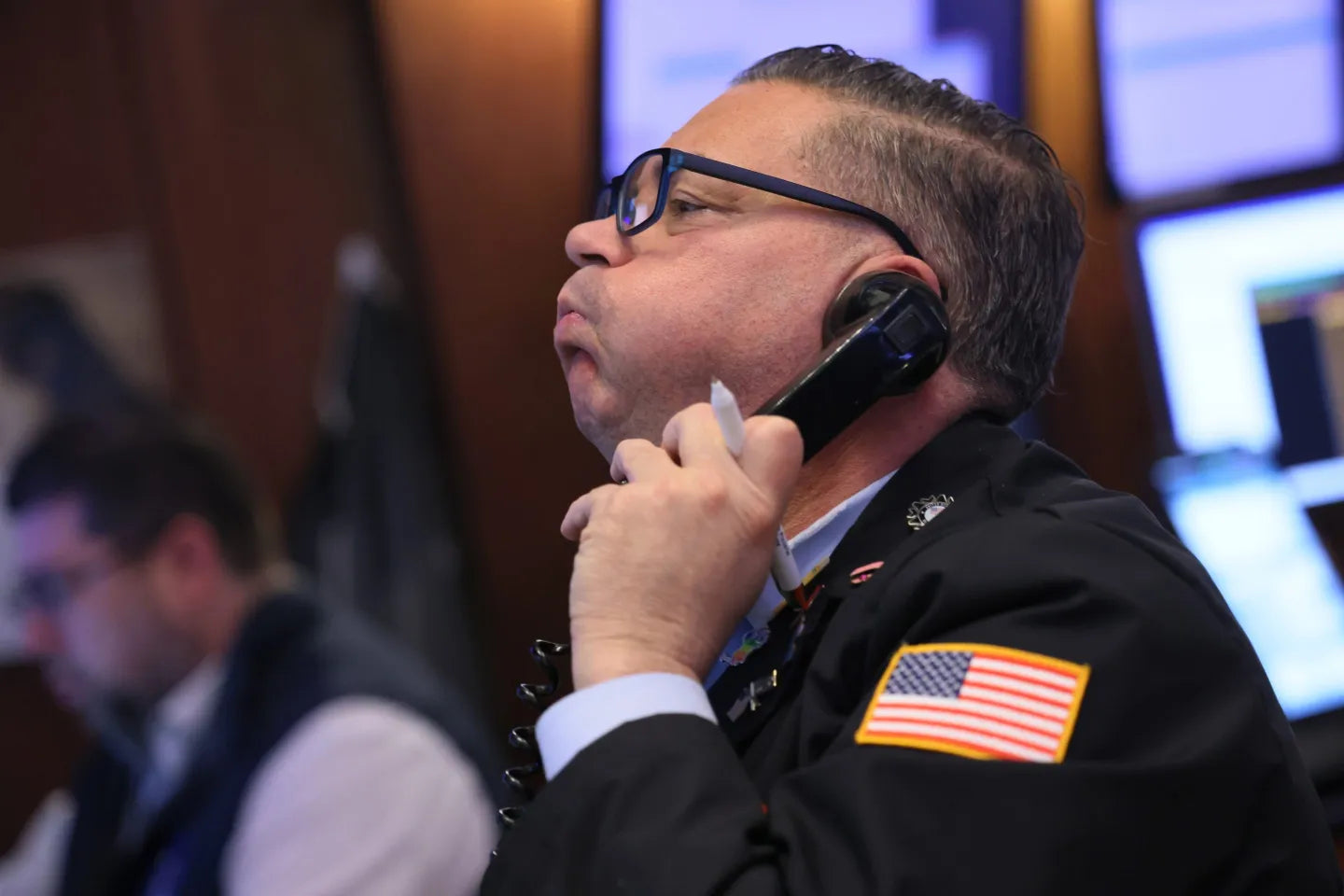
The economy has recently been struck by a combination of two pieces of unfavorable data.
The resilient American consumer has defied numerous predictions of recession from prominent economists and Wall Street CEOs, even in the face of the highest inflation rates in four decades and aggressive interest rate hikes aimed at curbing it. Their continued spending has helped keep the economy stable. However, this week, a combination of discouraging economic data has some experts concerned about potential future setbacks.
The consecutive reports of weak retail sales, coupled with a downward revision of January's sales figures, suggest that consumers may be starting to feel the strain after enduring price increases and rising borrowing costs for approximately two years. Damian McIntyre, a portfolio manager at Federated Hermes, noted that while last month's retail sales miss could be attributed to weather conditions, this month's weakness indicates a potential decline in consumer health.
Simultaneously, producer price inflation, which typically precedes consumer price inflation, exceeded Wall Street's expectations for the second consecutive month, adding further uncertainty. This data complicates investors' hopes for swift interest rate cuts to boost the economy, particularly as Federal Reserve officials have indicated their reluctance to cut rates until inflation is significantly reduced. Quincy Krosby, chief global strategist for LPL Financial, expressed that such reports are unhelpful for the data-dependent Fed.
While the latest retail sales and producer price inflation reports may not spell immediate disaster for the economy—retail sales haven't collapsed, and producer price inflation isn't soaring—the emerging trends are worrisome. If businesses continue to experience price hikes, they are likely to pass on those costs to consumers who are already grappling with inflation. This could curb consumers' spending, which has so far prevented a recession in the United States.
The economy received a double blow this week: first from elevated producer price inflation, and then from weaker-than-expected retail sales. The producer price index (PPI) rose 0.6% last month, surpassing economists' forecasts and indicating a concerning trend after months of low inflation rates. Veronica Clark, an economist at Citi, suggested that the era of declining goods inflation may be coming to an end.
Meanwhile, retail sales for February showed only a modest increase, falling short of economists' expectations. Even with factors like rising gas prices and car dealer incentives boosting spending, the data suggests consumers are beginning to tighten their belts. Ted Rossman, a senior industry analyst at Bankrate, noted that retail sales are lagging behind inflation rates.
Furthermore, the downward revision of previous retail sales figures adds to concerns about the economy's slowing pace. Jeffrey Roach, chief economist at LPL Financial, emphasized that consistent downward revisions indicate economic slowdown, despite consumers still having some capacity to spend.
Moving forward, investors should monitor indicators like credit card delinquencies and auto sales for signs of further economic weakness. Roach particularly highlighted auto sales as a critical indicator to watch, suggesting that swelling vehicle inventories and increased dealer incentives could signal a broader economic slowdown.
